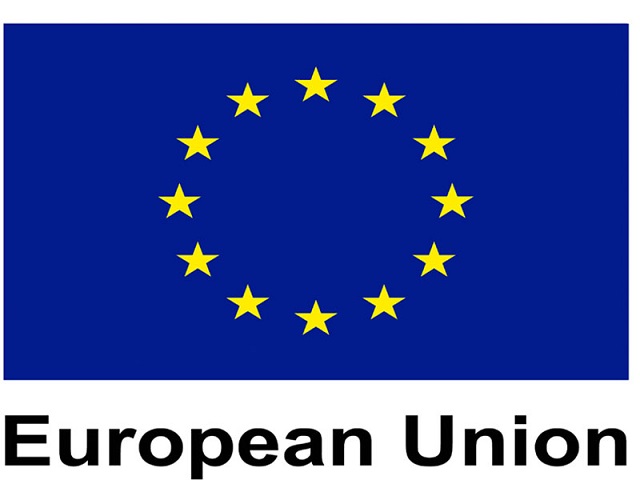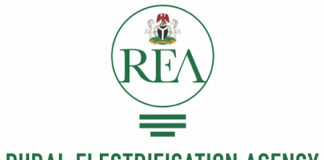The European Union (EU) has explained Nigeria’s non- participation in the $240 billion honey market t.
The Head of Trade and Economic Section, EU Delegation to Nigeria and ECOWAS, Filippo Amato, Thursday explained the reasons behind Nigeria’s ineligibility to export honey to Europe, unlike some of its neigbouring countries.
Speaking at the official flag-off ceremony of Api Expo Africa Launch event in Abuja, Amato said in spite of the EU being a very interesting destination for honey, Nigeria’s honey is not exported to EU because of the strict sanitary and marketing requirements to guarantee the safety of honey for human health.
Amato added that Nigeria is also not a signatory to the Economic Partnership Agreement (EPA) that guarantees the signatories, notably Ghana and Cameroon, to export honey to EU at zero duty.
“Indeed, if Nigeria started to export honey to the EU, an import duty of 17-30 percent would apply to any export of these products, making them not very competitive in terms of pricing. The risk is that when Nigeria is ready to export non-oil products, such as honey, the EPA will still not be in force, and this will put Nigeria’s export to competitive disadvantage compared to other exporting countries that have decided to enter into trade agreement with the EU,” Amato said
The global honey trade is worth $240 billion but only 10 African countries- Ethiopia, Benin, Burkina Faso, Cameroon, Ghana, Madagascar, Rwanda, Tanzania, Uganda and Zambia are listed among the countries eligible to export honey to the EU market.
The world honey production as at 2016 was 1.8 million tonnes with China accounting for 500,000 tonnes.
The EU is the second largest with an annual production of 250,000 tonnes of honey.
Ironically, in spite of being only 60 per cent self-sufficient in honey, EU member nations still have to import 40 per cent of their honey demand to satisfy the consumption needs of over 500 million consumers.
But speaking to journalists at the Api Expo Africa Launch, the Minister of Agriculture and Rural Development, Chief Audu Ogbeh, expressed Nigeria’s readiness to key into the lucrative global honey market business by encouraging younger people who are showing enthusiasm for agriculture.
“We need to find cheaper funding for agriculture. Even the nine per cent interest rate imposed by Central Bank of Nigeria (CBN) is not good enough. Every other part of the world is doing 31/2 percent. With funding, encouragement and interactions like this, we will be there in two to three years,’’ Ogbeh said.
He stressed that the federal government would support local bee keepers by ensuring that the bee boxes currently imported from Turkey are produced locally.
“We have the wood, but we don’t do much because we don’t treat our woods. We have to link up with Afe Babalola University, Ado –Ekiti, where they have a wood processing industry and they treat the wood. We can process and lend to people who need bee boxes at very competitive prizes,” he added.












